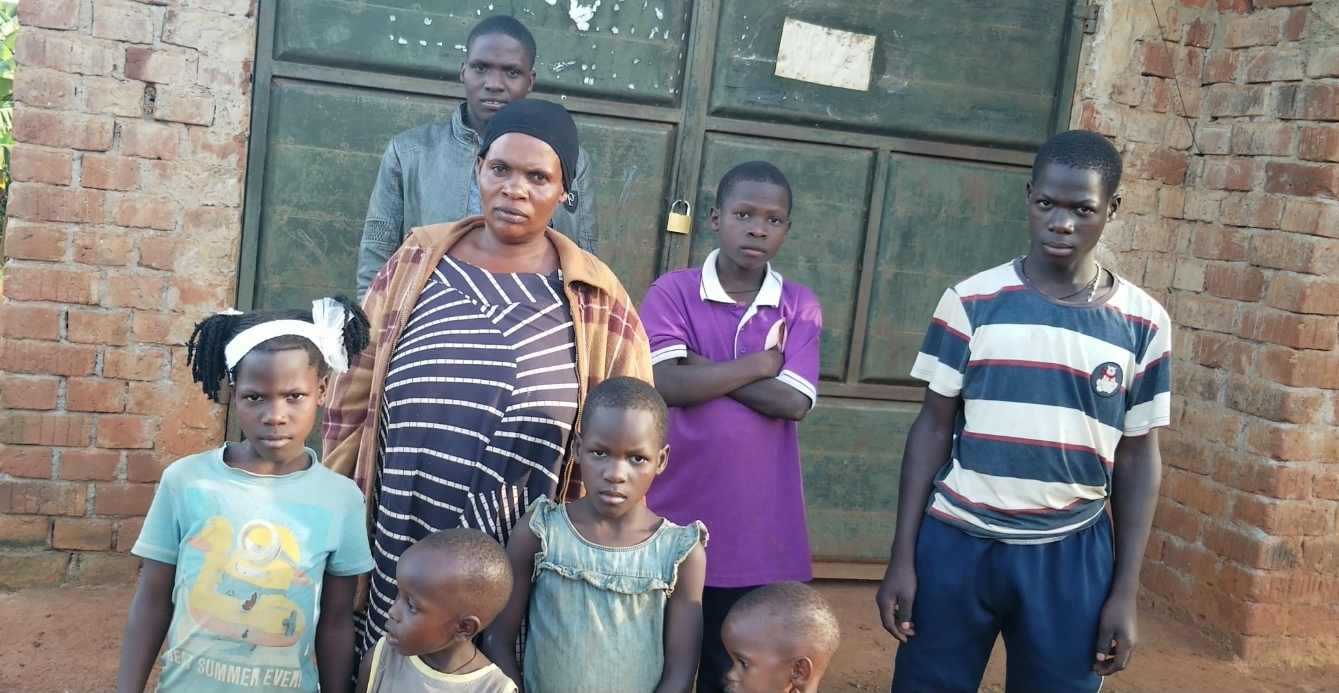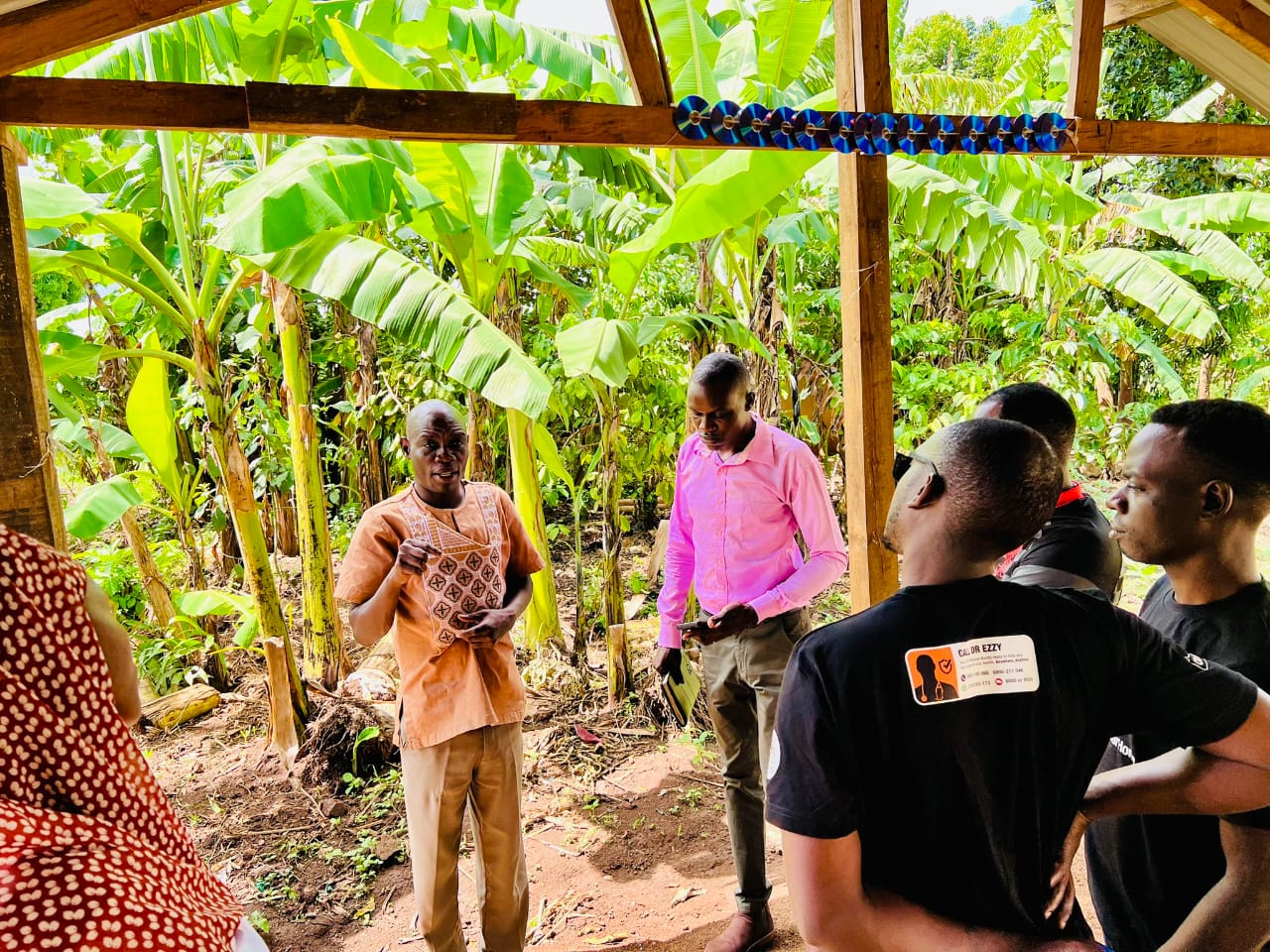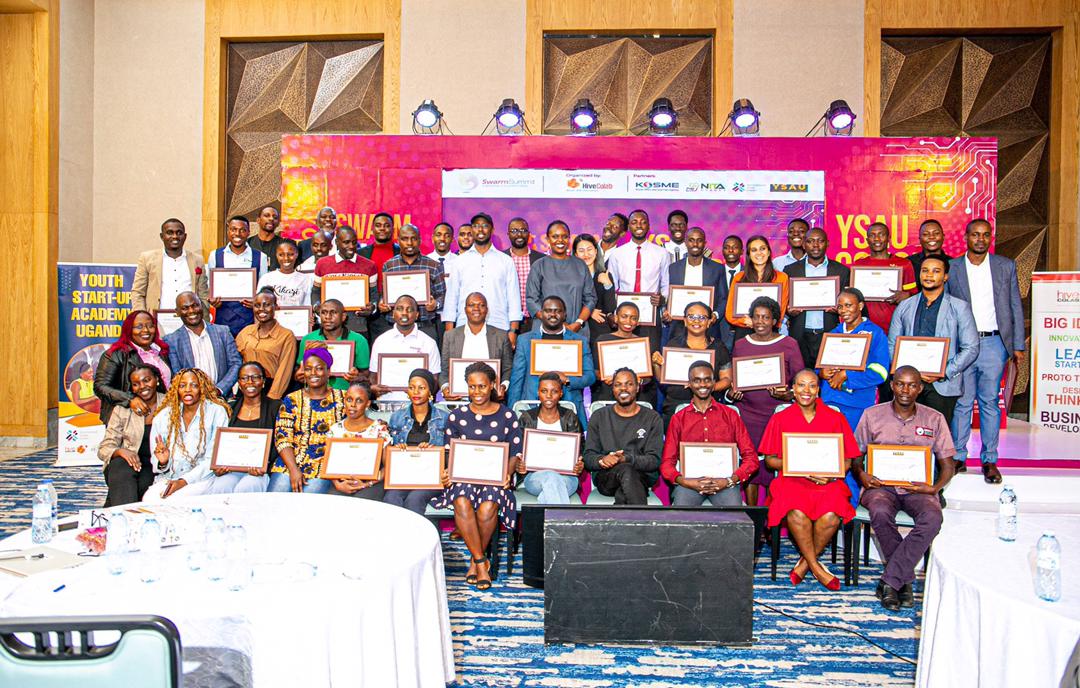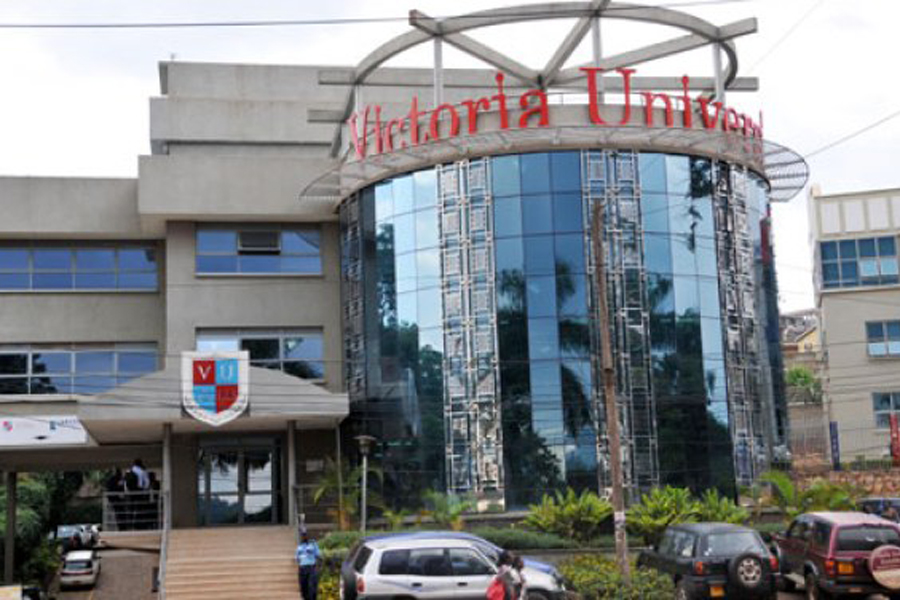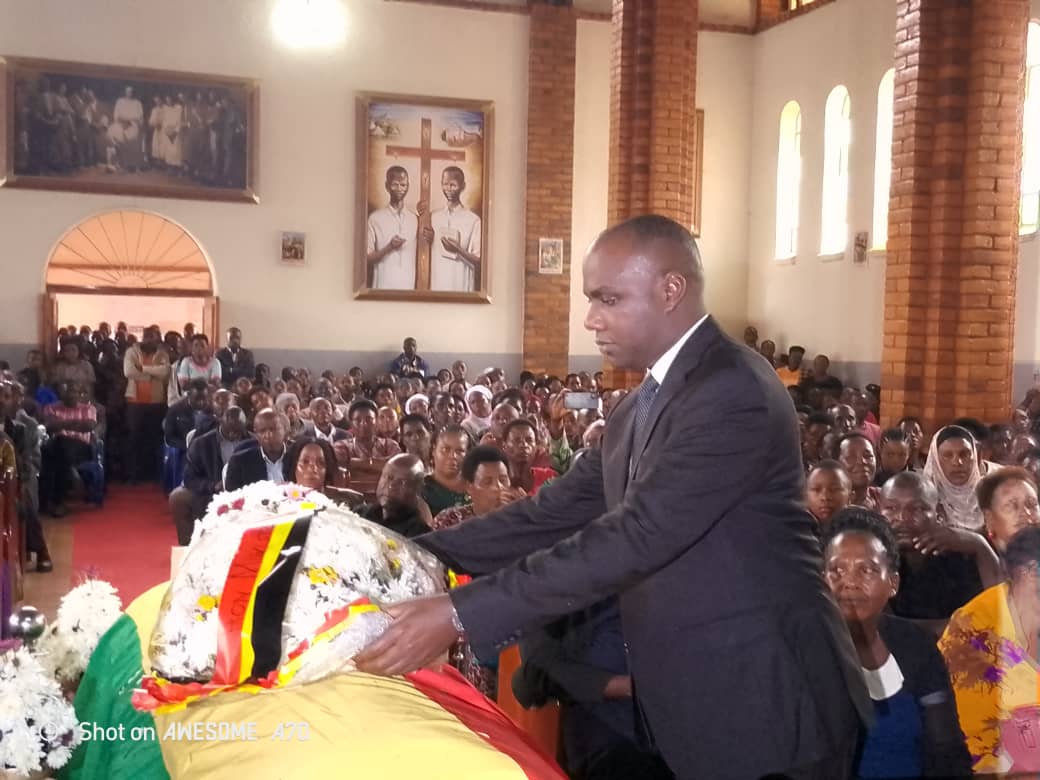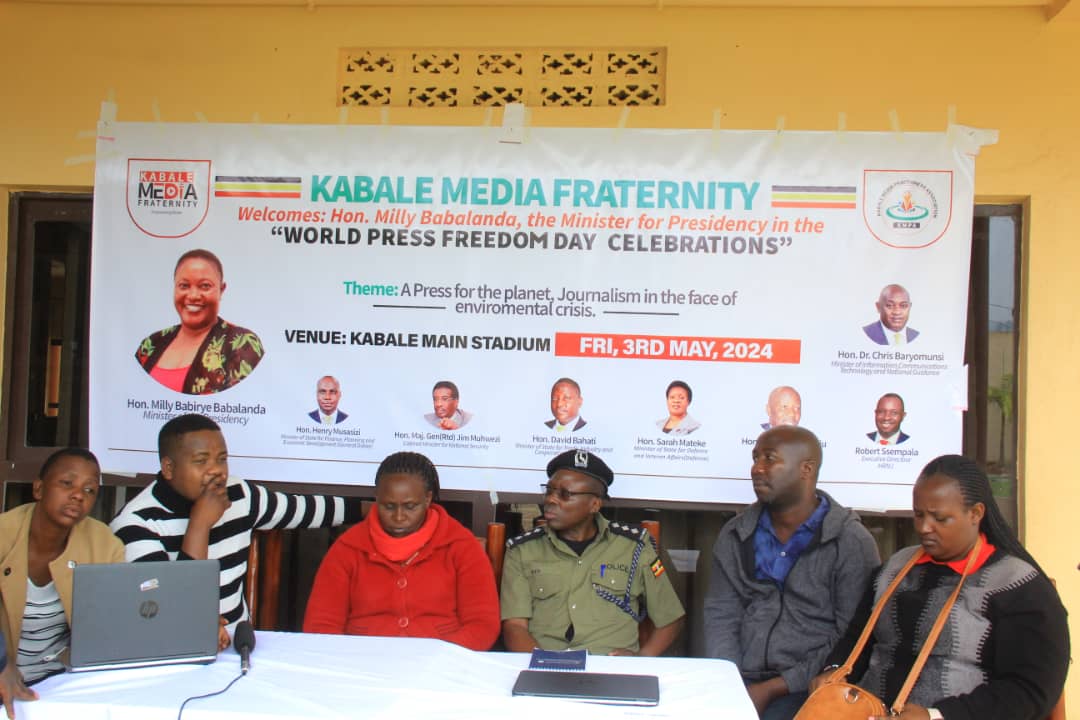Kampala's waste management: Navigating challenges towards sustainable solutions
With an ever-expanding population and increasing urbanization rates, Kampala faces mounting challenges in managing solid waste, including inadequate infrastructure, limited resources, and informal waste disposal practices.
Kampala, Uganda's vibrant capital city, grapples with the complexities of waste management as it navigates rapid urbanization, population growth, and environmental sustainability.
With an ever-expanding population and increasing urbanisation rates, Kampala faces mounting challenges in managing solid waste, including inadequate infrastructure, limited resources, and informal waste disposal practices.
As stakeholders mobilize to address these challenges, efforts are underway to implement sustainable waste management solutions that promote environmental stewardship, public health, and community well-being.
The proliferation of solid waste in Kampala poses significant environmental and public health risks, with implications for air and water quality, disease transmission, and urban aesthetics.
Rapid urbanisation and population growth exacerbate the volume of waste generated, overwhelming existing waste management infrastructure and exacerbating environmental pollution.
Informal settlements, lacking proper waste collection services, often resort to open dumping, burning, or illegal disposal of waste, further compounding the problem and undermining efforts to promote cleanliness and sanitation in the city.
In response to these challenges, the Kampala Capital City Authority (KCCA) and other stakeholders are implementing a range of initiatives to improve waste management practices and promote sustainable behaviors among residents.
Key strategies include strengthening waste collection and disposal systems, expanding recycling and waste-to-energy initiatives, and raising public awareness about the importance of waste reduction, segregation, and proper disposal.
Moreover, partnerships with private sector entities, civil society organizations, and community groups are leveraged to mobilize resources, expertise, and innovation to address waste management challenges effectively.
One notable initiative driving progress in waste management in Kampala is the adoption of technology-enabled solutions such as waste collection tracking systems, mobile applications, and geographic information systems (GIS) to enhance efficiency, transparency, and accountability in waste management operations.
These digital tools enable real-time monitoring of waste collection routes, optimization of resource allocation, and data-driven decision-making, improving the effectiveness and reliability of waste management services while reducing operational costs and environmental impacts.
Furthermore, community-based approaches, such as neighborhood clean-up campaigns, waste segregation at source, and community composting initiatives, empower residents to take ownership of waste management and contribute to a cleaner and healthier urban environment.
By fostering a sense of collective responsibility and environmental stewardship, these grassroots efforts complement formal waste management systems and promote sustainable behaviors that reduce waste generation and promote resource conservation.
While significant progress has been made in waste management in Kampala, challenges remain in achieving a truly sustainable and inclusive waste management system.
Limited funding, inadequate infrastructure, and institutional capacity constraints continue to hinder efforts to address the root causes of waste generation and pollution effectively.
Moreover, behavioral change and community engagement efforts require sustained investment and long-term commitment to overcome cultural, social, and economic barriers to sustainable waste management practices.
As Kampala continues its journey towards sustainable development and environmental resilience, waste management emerges as a critical priority that requires collective action, innovative solutions, and multi-stakeholder collaboration.
By harnessing the power of technology, community engagement, and policy interventions, Kampala can transform its waste management landscape, reduce environmental pollution, and create a cleaner, healthier, and more sustainable city for current and future generations to enjoy.







